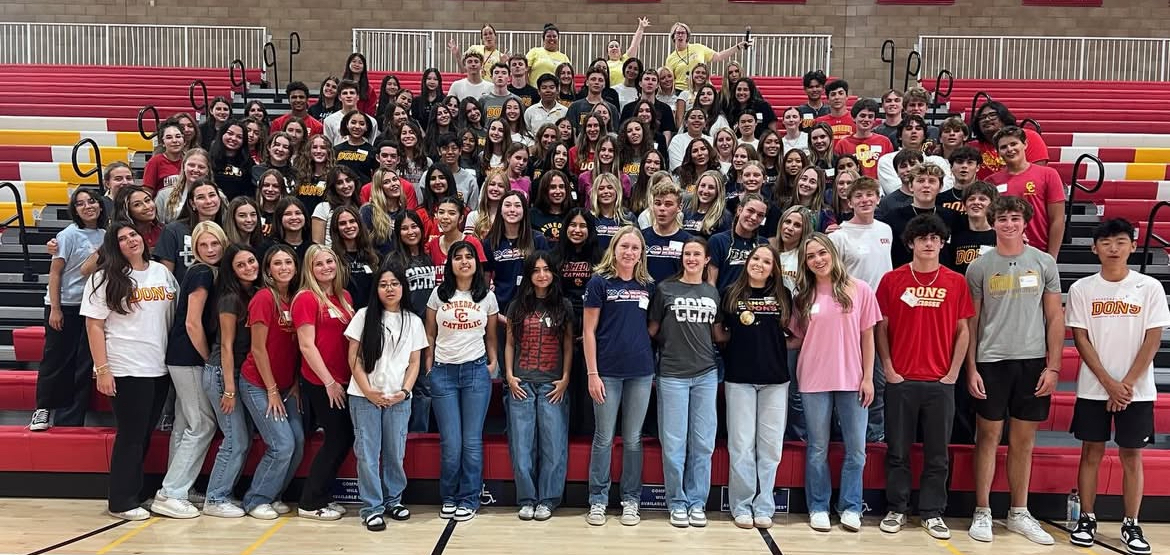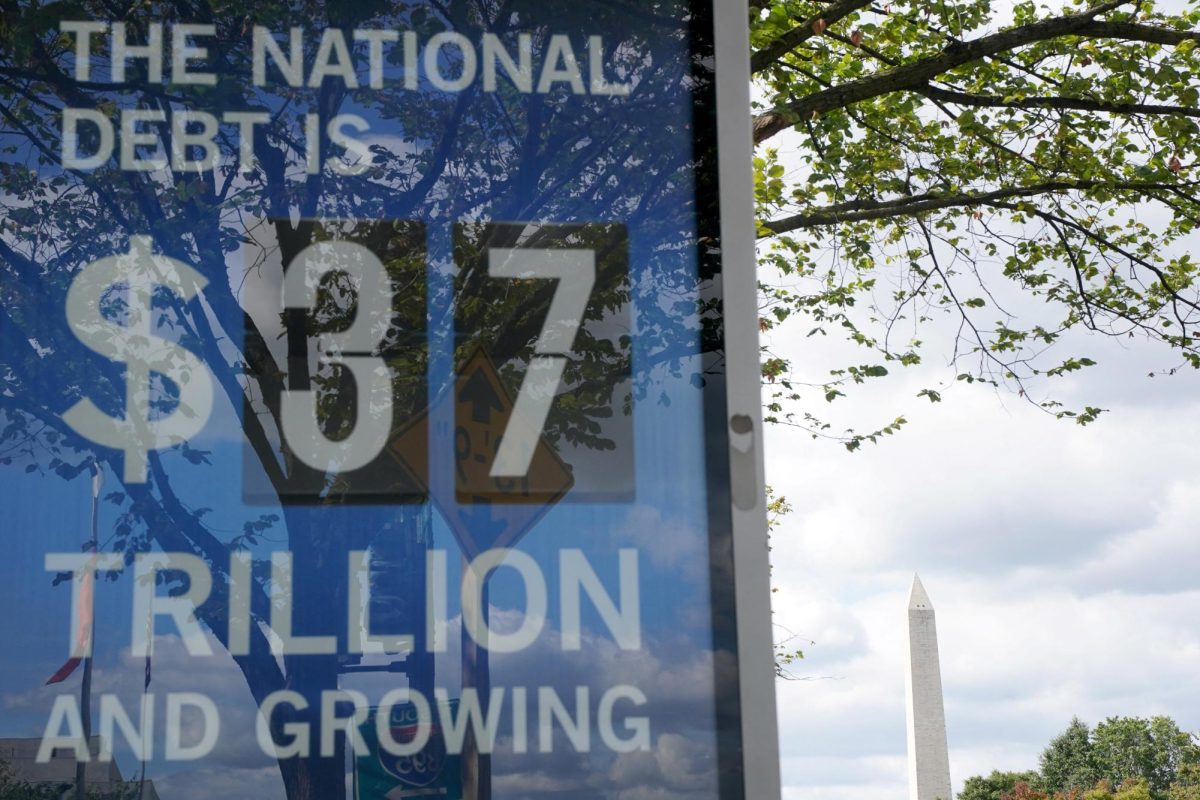Black Friday’s Slow Disappearance
Black Friday used to be as highly anticipated as Thanksgiving. Now, due to online shopping becoming more accessible, Black Friday is slowly losing its meaning.
As Thanksgiving rolled around, another very highly anticipated day also followed, Black Friday. Black Friday is one of the biggest days in retail with outstanding holiday deals. Yet, as online stores gain popularity, in-store shopping slowly declines. This results to Black Friday Slowly losing its meaning.
The term “Black Friday” was first given to this day in 1950 by Philadelphia police to describe the chaos of shoppers on this day. The term “Black Friday” was not a good term because on this day, police had to work super hard to watch shoplifters and get a hold on massive crowds. Finally in the 80’s, the term was finally positive. Now the term “Black Friday” is used because when black is shown on sale reports, it means that the retailer made a big profit. Black Friday is an infamous day that highlights crazy shoppers, long lines, and overcrowded malls.
As time went on, in-store shopping for Black Friday has decreased. Now, many consumers result in online shopping. According to the National Retail Federation (NRF), In 2021, 88 million people out of 150 million shoppers, all shopped online. More people shopped online on Black Friday than on Cyber Monday. One of the biggest reasons for the decrease in sales on Black Friday was covid-19. Like many events and activities, covid-19 only caused Black Friday to lose meaning due to online sales being bigger and more enticing.
This year, Black Friday became more of Black Week. Starting Monday, Black Friday deals were already out in-store and online. This caused many shoppers to shop online throughout the week versus in-store.
As online shopping increases due to attainability, in-store shopping is slowly dying out. Since deals online are the same as in store on Black Friday, in-store shopping will lose customers since online is so accessible. If this continues, Black Friday will soon vanish.

Hi, I am Isabella Durazo and I am the Culture Beat Editor. I am very passionate about journalism and writing! I would like to make my passion...





















































